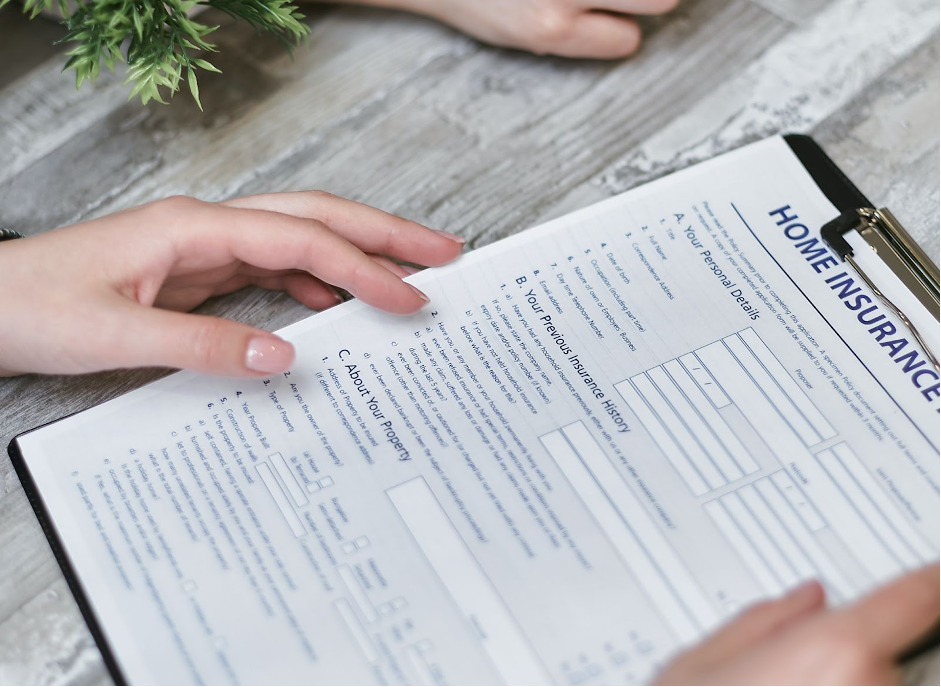What Will Homeowners Insurance Cover? - 8 Things to Know Before Repairing Out of Pocket


If your home insurance company denies your claim, you may have no choice but to pay out of pocket. However, savvy consumers know how to get claims approved and recoup as much of their loss as possible. Before opening your wallet, consider the following.
1. Coverage Depends on the Source of Damage
You can't just ask a question such as "Will home insurance cover gutters?" Instead, you have to consider the source of damage. General repair is not typically covered under homeowners insurance. Your insurance company expects you will maintain your gutters to extend their life and you might install a leaf guard for gutters to help do so. But, nothing lasts forever. Occasional repair and replacement are expected and your responsibility under most conditions.
However, your homeowner's insurance may cover repairs or replacements when the damage is caused by inclement weather such as windstorms, hail, fire, tornadoes, or a fallen limb. Still, you shouldn't count on your home insurance accepting all claims for damage caused by weather.
One notable exclusion is water damage. Floods, burst pipes, surface water runoff, and backed-up sewers or drains are standard exclusions. If you live in an area where this is a concern, research additional coverage for water damage (you can check out flood maps to determine if you're at risk). Damage from earthquakes, sinkholes, and power outages may not be covered under standard insurance plans.
2. You'll Have To Meet Your Deductible First
Even when the damage to your home is covered under insurance, your company won't pay out until you've reached your deductible. It's the same with health insurance. Some people try to save on their insurance bills by opting for a higher deductible, but this can cause you much more in the long run when you're faced with unexpected home repairs.
3. An Inventory Is a Lifesaver
Although time-intensive, you will be glad that you inventoried all of your possessions if they're ever destroyed or stolen and require a claim. Take a weekend to photograph (or record video of) all your belongings and create an inventory. Free spreadsheet or word processing software does the trick, but apps can also help and you can even use registry sites. Add links to comparable items online. Of course, you want to add new purchases to your list quickly.
The key to a useful inventory is thoroughness. Your insurance company will attempt to match each item's brand, model, age, and price if you provide it. If you're lacking some information, describe the features of your belongings or even the place of purchase. Keep receipts for large purchases within the last year or two if you need documentation.
Finally, don't forget to list everything you own, not just the big things. You've spent more acquiring belongings than you realize. Little things add up and you could lose hundreds or even thousands of dollars in replacements or compensation from your insurance company if you overlook them. Plus, a detailed inventory may expedite the claim process by reducing how many items the insurance company questions or denies.
4. Consider a Loss Adjuster
Much of what an insurance adjust does is covered in the previous section. However, they also offer something else: peace of mind. By acting as an intermediate between you and the insurance company, an adjuster shoulders some of the burdens. This may not matter when discussing minor damages, but it can make a world of difference when dealing with a major catastrophe and trying to put the pieces of your life together.
5. You May Be Able To DIY Repairs
If you've got skills or can follow a thorough YouTube tutorial, you may be able to perform repairs yourself to save money and receive reimbursement. Consult with your insurance company before starting the project.
Of course, you must follow local and state laws regarding licensing and permits. Finally, mortgage lenders may have different restrictions for do-it-yourself repairs than your insurance company, so make sure to check with both.
6. Actual Cash Value Isn't Replacement Cost
You might be shocked by how much your insurance company pays out after a claim. This is due to the difference between actual cash value and replacement cost. Actual cash value is how much your possessions are worth at their current age or the original cost minus depreciation. On the other hand, replacement cost refers to the amount you would need to completely replace the item. Mobile homes claims are always written for actual cash value and not replacement cost.
7. You May Have To Wait for Reimbursement
For some claims, your insurance company may cut you a check. It often works this way when replacing possessions that have been damaged or destroyed. You'll use the check to replace your belongings.
But this isn't always the case. Sometimes, you're looking at reimbursement. For example, homeowners insurance may cover the cost of your luggage and its contents if someone steals it while you're on vacation. First, however, you'll need to purchase replacements.
The claims process can be lengthy and it may take months or even years before you see a check. Be prepared to pay out of pocket for necessities that cannot wait long.
8. Plans May Cover Additional Expenses
Homeowners' insurance can cover various costs besides those associated with your home and belongings. Medical payments, debris removal, living expenses while you're temporarily displaced and unauthorized credit card usage may all be included in your plan. However, bare-bones plans may not offer as much protection.
